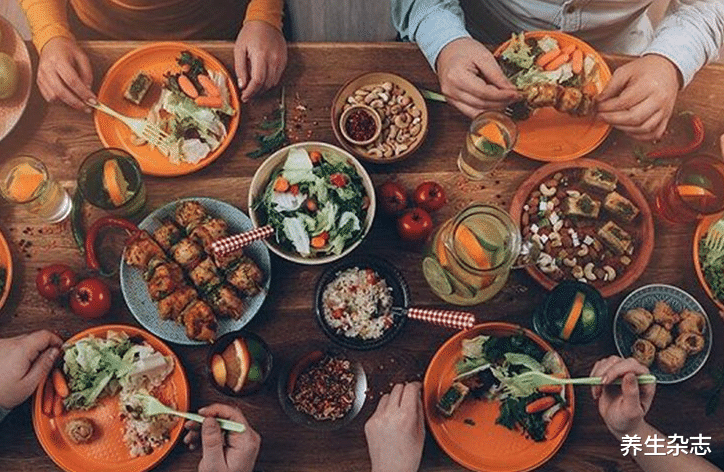With the rapid development of our country’s economy, people’s quality of life and dietary habits have also changed.
High-calorie, high-fat, high-purine and other foods in daily life account for a higher proportion in the diet, and excessive consumption can be a major cause of hyperuricemia.
Hyperuricemia is a disease caused by the slow metabolism or imbalance of uric acid in the body, leading to the deposition of crystals in the kidneys or joints, and it also has many complications, making it difficult to treat and cure.
Case: Xiao Chen (alias), 27 years old this year, has been working in a corporate unit since graduating from university, and Xiao Chen has been working overtime every day for better performance.
In life, due to Xiao Chen often staying up late, Xiao Chen’s health is not very good.
Recently, Xiao Chen experienced health problems. One day at work, shortly after sitting down, he felt a sour pain in his lower back. Initially, Xiao Chen thought it was just fatigue.
However, a few days ago, Xiao Chen not only frequently felt back pain, but sometimes the pain lasted for a whole day, preventing him from focusing on work. Helpless, Xiao Chen went to the nearest hospital for a check-up.
The doctor conducted a full-body examination on Xiao Chen and finally concluded that Xiao Chen’s uric acid levels were significantly above normal, and his kidneys were showing early signs of failure.
Upon hearing the results, Xiao Chen broke out in a cold sweat and asked the doctor for the specific reasons.
Later, after understanding Xiao Chen’s lifestyle habits, the doctor mentioned: three kinds of foods in life could accelerate kidney failure, better get rid of them sooner.
Internal Medicine Specialist: Eating these 3 foods may accelerate gout
1. Nutrient Soup
When Xiao Chen was working late, he would order a bowl of lamb offal soup to nourish his body every day, unaware that this was the main cause of Xiao Chen’s kidney disease outbreak.
Research shows that animal offal contains a large amount of purines, which are released into the soup after high-temperature processing, making it easier for the body to absorb them.
As Xiao Chen’s metabolism and excretion functions were weak, a large amount of purine substances accumulated in his body, eventually leading to diseases like gout and kidney failure.
2. Seafood
Seafood is a common food on modern dining tables, but many people overlook that seafood is also high in purines.
For every 100 grams of seafood, there are approximately 200-1000 milligrams of purines.
When consuming seafood along with beer, it can rapidly increase uric acid levels, causing acute gout. Therefore, seafood should not be consumed by individuals with high uric acid levels.
3. Barbecue
Barbecue, a standard option for contemporary young people, combined with a glass of beer, might seem like a heavenly match. Yet, frequent consumption can severely harm the kidneys.
During the barbecuing process, the combination of meat fat and high-temperature charcoal produces potent carcinogens like benzo(a)pyrene. Continued consumption of this substance can greatly damage kidney metabolism, leading to kidney diseases and even gout. Failure to address this promptly can have irreversible effects on the kidneys.
Regularly supplementing one thing, staying away from gout, and improving kidney health:
Forming a daily habit, leading to better health:
1. Regular Exercise
Exercise can promote blood circulation, metabolic function, and help lower uric acid levels. When the body’s various functions are at their peak during exercise, metabolism and excretion are highly efficient, enabling the rapid elimination of accumulated uric acid, reducing its levels.
Reminder: While “regular exercise” may sound easy, staying committed can be challenging.
References:
Case Sharing of Exogenous Uric Acid in the Human Body by Human Uric Acid Transporter 1 (hURAT1) Wang Jing, Wang Anmin, Qingdao University
Case Analysis of the Treatment of Hyperuricemia with Extracts of Ganoderma and Poria, Fu Jianchun; Li Xiang; Han Yiwen; Zhang Ping, Guangzhou University of Chinese Medicine


